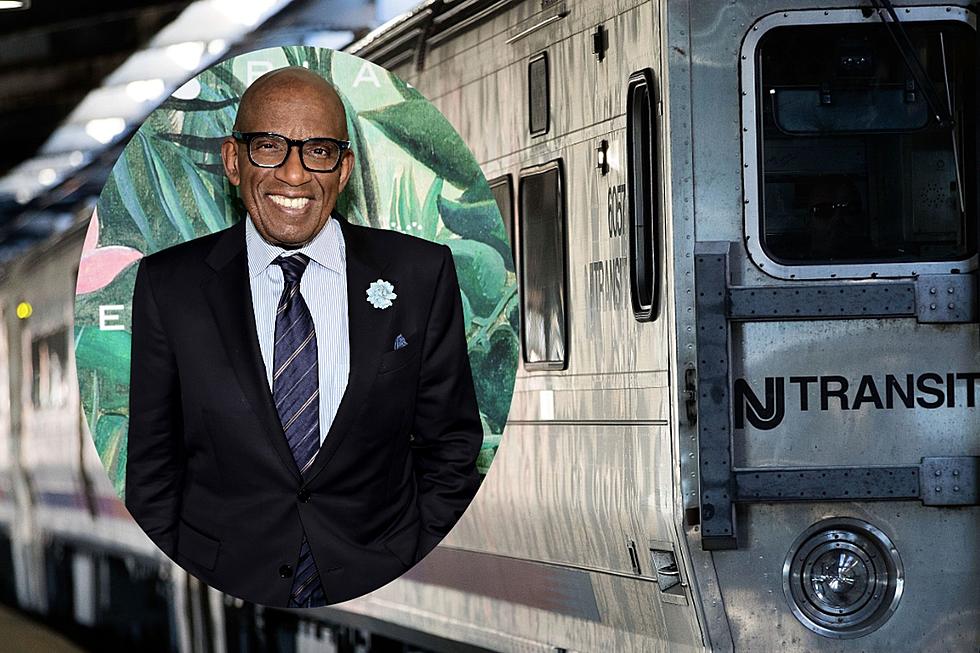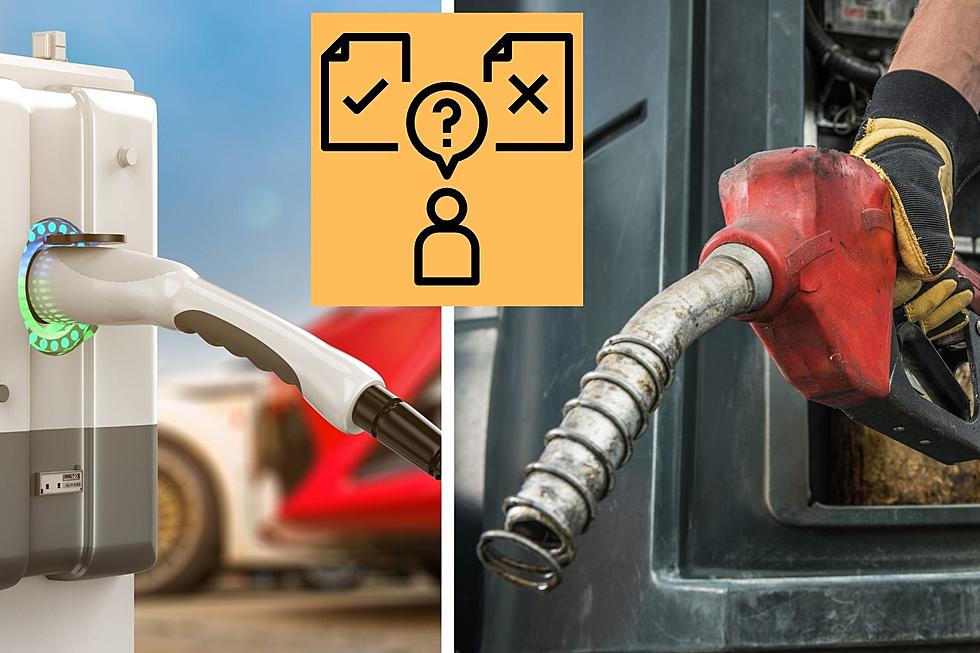
Road work fund broke by August, but transporta-zen commish urges calm
Fifteen months ago, then-Transportation Commissioner Jamie Fox said New Jersey’s Transportation Trust Fund was in crisis – unable to pay for future road and rail work unless a new financing plan was found.
Now, 16 weeks until the state literally can’t pay its construction bills, Fox’s replacement is telling panicky lawmakers: Not so much. Plenty of time. Everyone relax and talk it out.
Acting Commissioner Richard Hammer, a DOT employee since 1982 who headed the department’s capital program since 2006, said that while it’s true there’s no plan in place for the Transportation Trust Fund’s future, he fully expects legislators and Gov. Chris Christie to figure it out by June 30.
“I would not say that it’s in crisis,” Hammer told the Assembly Budget Committee, repeatedly and in various ways, at a hearing Wednesday.
“Deep down, I am remaining confident that there will be a resolution to this, with all parties working hard and talking with one another. I am confident that there will be a resolution,” he said.
Hammer reiterated Christie’s position – that it’s up to the Legislature, particularly the Assembly, to submit a plan for him to consider. The implication in that is that an increase in the gas tax will be part of the solution and all tax hikes are required, by the constitution, to originate in the Assembly.
“I hope, and I’d like to think, that there’s a lot of conversation going on between the Legislature and the Governor’s Office,” Hammer said. “And I think that’s important that that dialogue happen. And it would concern me if that dialogue is not taking place.”
Hammer’s matter-of-fact manner seemed to exasperate committee Democrats, who asked him often when he would deem that the crisis has arrived.
Assemblyman Gary Schaer, D-Passaic, said lawmakers “have this date hanging over our heads which at best is catastrophic” but that the deadline is “not being approached with that kind of gravity.”
“I guess what I’m getting at is there’s a certain frustration that I was anticipating that I would hear. And perhaps frustration is not the right word. Perhaps almost outrage is the right word,” said Schaer, who said the TTF “literally falls apart” in two and a half months. “And we seem to have going on here a little bit of a discussion over who goes first. I almost wonder if we’re children on a playground.”
Schaer and other Democrats said Christie should propose a transportation plan, as governors have done for previous TTF authorizations going back to the 1980s.
“This is as close to D-Day as one could possibly get,” Schaer said, “and the executive, which has traditionally if not always made initiatives in terms of expenditures for the TTF, is standing by the side and saying, ‘I’m waiting for the Legislature.’ And in our form of government the Legislature is the responsive.”
Assemblyman Declan O’Scanlon, R-Monmouth, said “this tug-of-war” is a natural part of politics and rejected the idea that the Legislature, a co-equal branch of government, doesn’t take its own initiative.
“Every year the Legislature proposes hundreds of millions if not billions of dollars in extra spending, in additional programs,” O’Scanlon said. “So it isn’t, certainly is not consistently, responsive, and certainly not to this governor.”
Assemblyman Troy Singleton, D-Burlington, said the Transportation Capital Plan for 2017 – which lawmakers received Tuesday night, which he said was about a month and a half late – is basically a theoretical exercise given that nobody knows if there will be a capital program, let alone one of $1.6 billion, which is the placeholder amount put in the budget.
“All of those fine initiatives that are in that plan, they’re effectively – I don’t want to say that they are worthless without a funding source, but effectively they are just words on a piece of paper,” Singleton said.
In addition to the resource-less TTF, Assemblyman John Burzichelli, D-Gloucester, noted New Jersey Transit is using capital funds for operating costs and relying on funds from the New Jersey Turnpike Authority and taxes on electric bills. “We’re in a bad spot,” he said.
“This stuff touches people every day. These numbers are upside-down,” Burzichelli said. “And we’ve got to get the governor’s attention, and I’m certain we’re going to have it.”
The Transportation Trust Fund is used by the state to pay for road and rail construction projects. It receives revenues from things such as gas taxes and vehicle sales, but starting in July all the money it receives will be needed to pay off $16.4 billion in debt. The fund doesn’t have the permission it needs from the Legislature to borrow more money by selling bonds.
The Transportation Trust Fund had an $815 million balance as of mid-March. It is expected that it will close out June with around $84 million, then run out of cash by early August. Hammer said the fund is also carrying around $2.5 billion in authorized project costs for which it hasn’t yet gotten bills.
The Department of Transportation is projecting that it will spend almost $4.7 billion in 2017 – but that includes $1.6 billion for the Transportation Trust Fund, which could wind up being different. The total includes $1.5 billion from the state budget and $3.1 billion in federal and other funds.
Michael Symons is State House bureau chief for NJ 101.5 and the author of New Jersey: Decoded. Follow @NJDecoded on Twitter and Facebook.
More From New Jersey 101.5 FM









